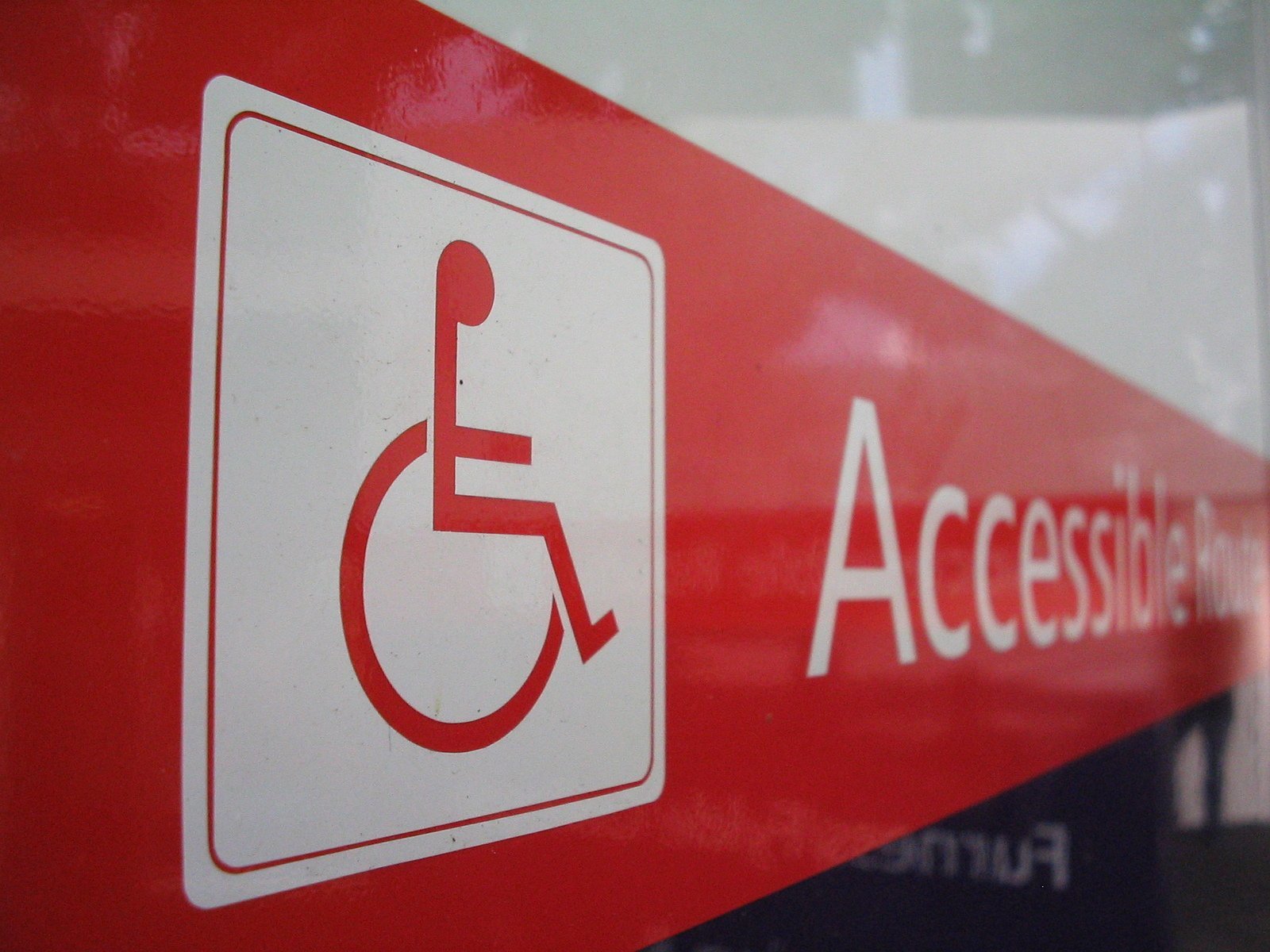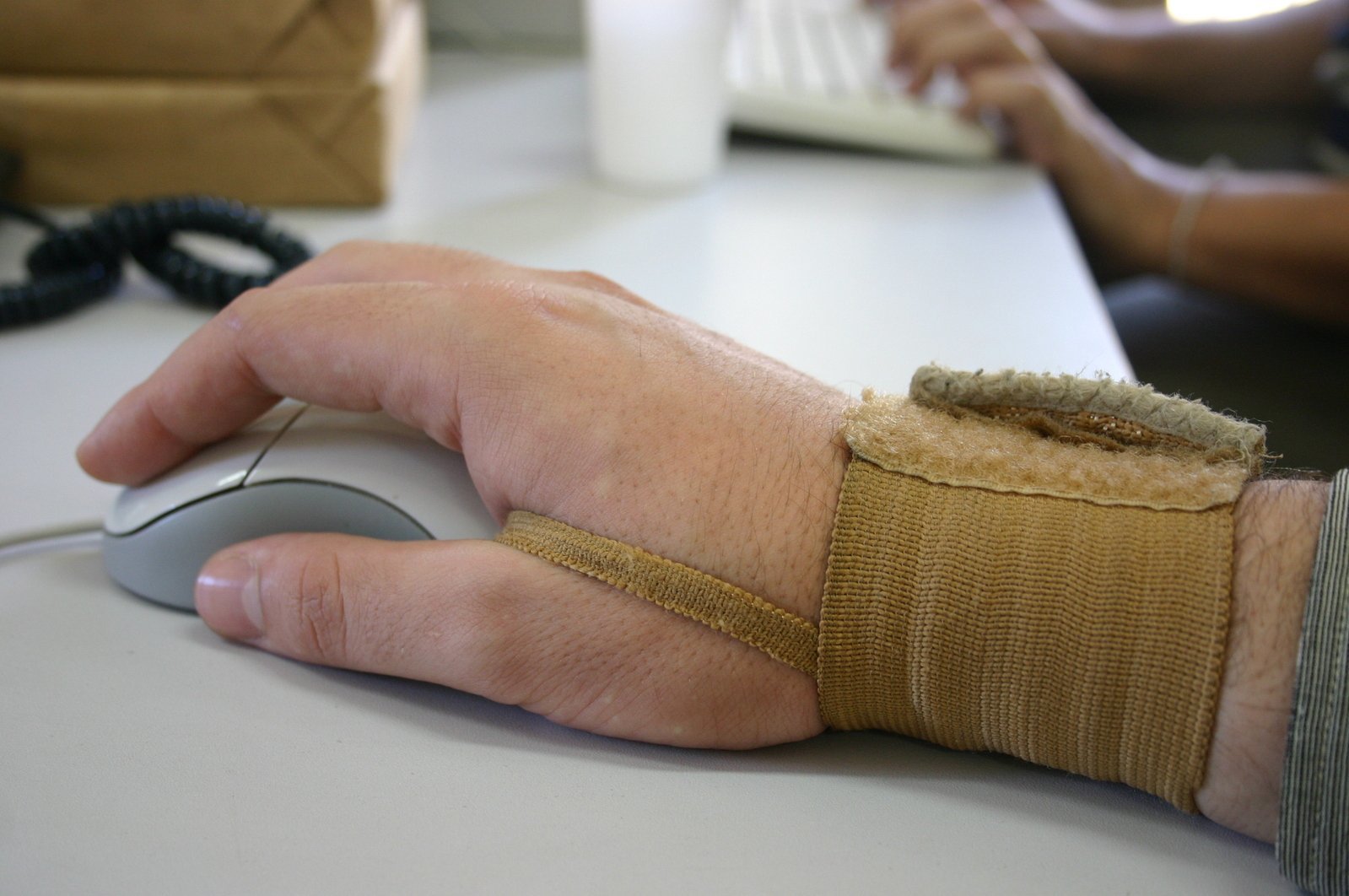Arthritis is caused by a reduction of the amount of cartilage tissue which cushions the joints from pressure and shock during motion. This may happen due to infections, injury, aging, or abnormal metabolism. Early signs of arthritis include joint swelling, tenderness, pain, loss of appetite, and fatigue. It is common in older people, but it can also occur in young people.

Effects of arthritis cannot be reversed, but the pain can be managed through various methods. These include consuming a healthy diet, regular exercise, use of medication, supportive devices, and physical therapy. Arthritis is considered a form of disability when one has a considerable amount of pain or swelling that can hinder their performance in daily activities.

Employers are obliged by the law to provide a conducive work environment for those with arthritis. These include the provision of assistive aids, flexible work schedules, accessible workspaces, and benefits that come with employment. It is illegal to discriminate anyone seeking employment of the grounds that he or she is disabled.

Individuals with arthritis qualify for certain legal benefits. One can apply for assistance from social services and go through the due process to get disability benefits. Some requirements for application for arthritis-based disability include:
One Is Unable to Perform Gainful Activity
Depending on your working ability, the social services can determine if your osteoarthritis of the knee is severe enough to require any assistance. This is ascertained by whether you are currently working or not. It is also determined by how much income you are making every month.
Residual Functional Capacity
Based on your medical records, your ability to perform daily activities that are needed for gainful work is determined. This assists social services to know how arthritis is curbing you from functioning normally.
Medical Criterion
Although there are various types of arthritis, only a few arthritis conditions automatically qualify as a disability. Four types of arthritis meet the medical requirements which automatically qualify one as a disabled person. These include inflammatory arthritis, arthritis of the spine, joint dysfunction, and surgery on a weight-supportive joint.
Ability to Work
Sometimes you may not exhibit enough symptoms of arthritis to qualify for assistance on medical grounds. However, your ability to carry out functions in your previous work may be assessed. You may then be eligible for benefits if your arthritis has significantly affected your performance at work.
Based on your capabilities, the social service department also examines your ability to work by looking at your education, age, work history, and overall health. If you cannot do any other work due to the arthritis condition, age, or skills, you are qualified to get benefits as a disabled person.

